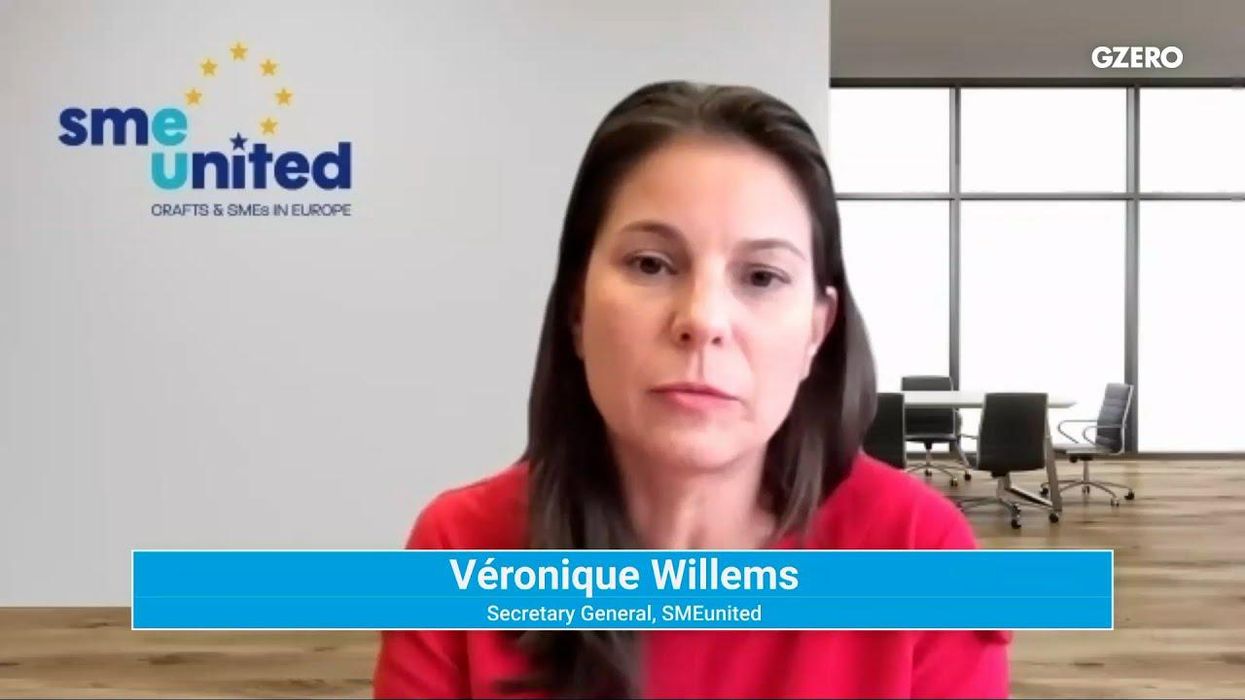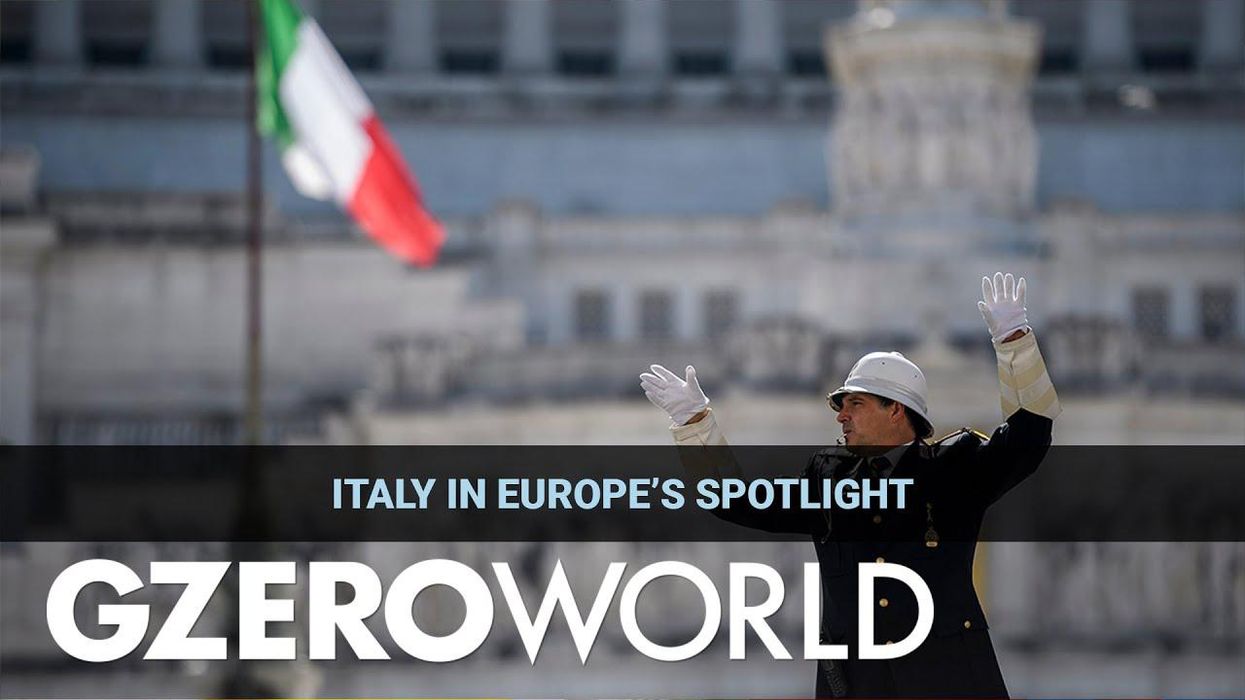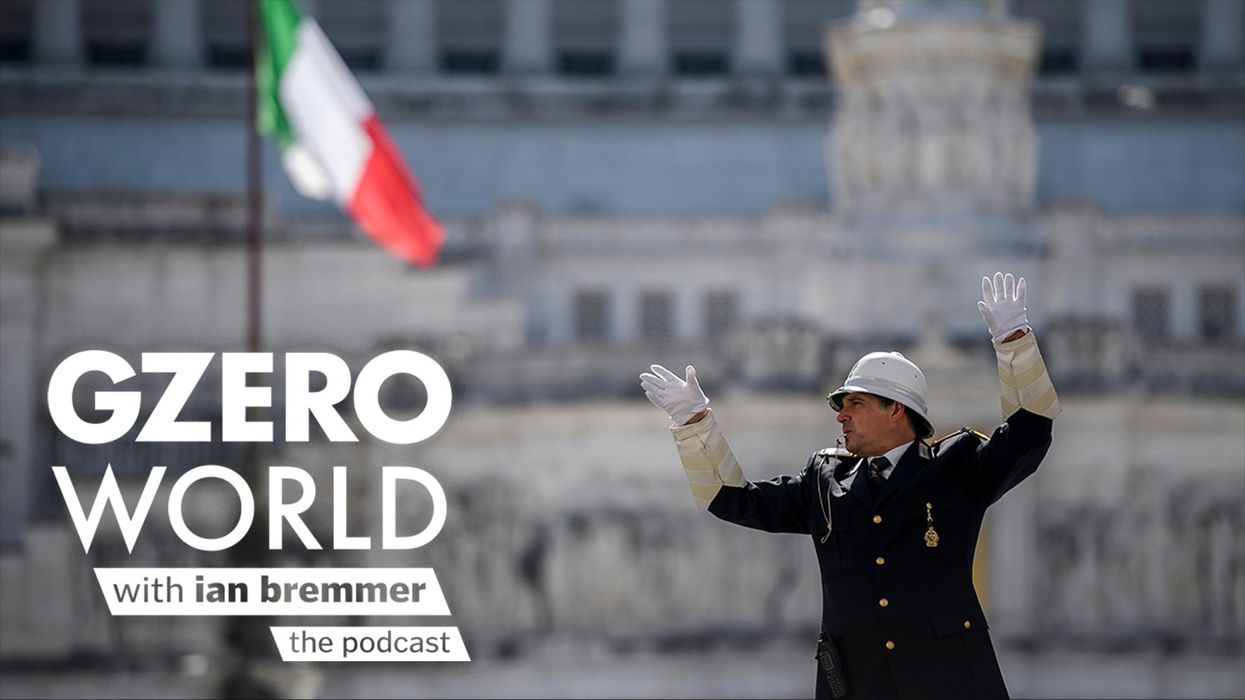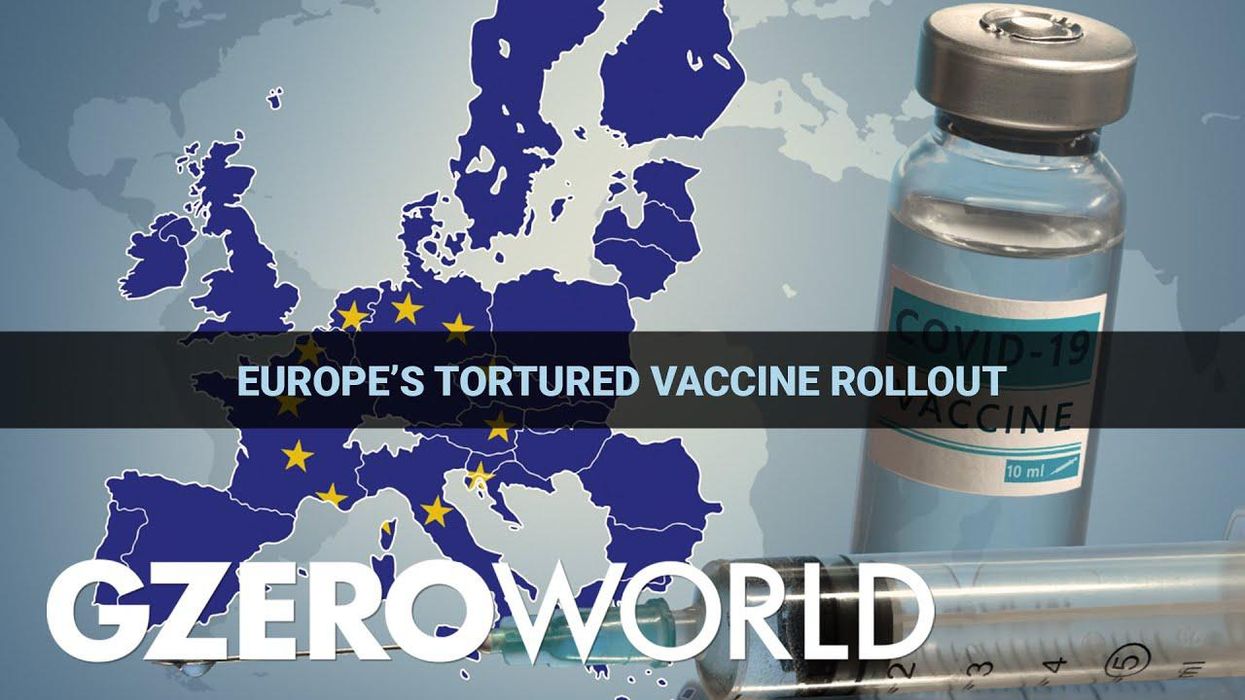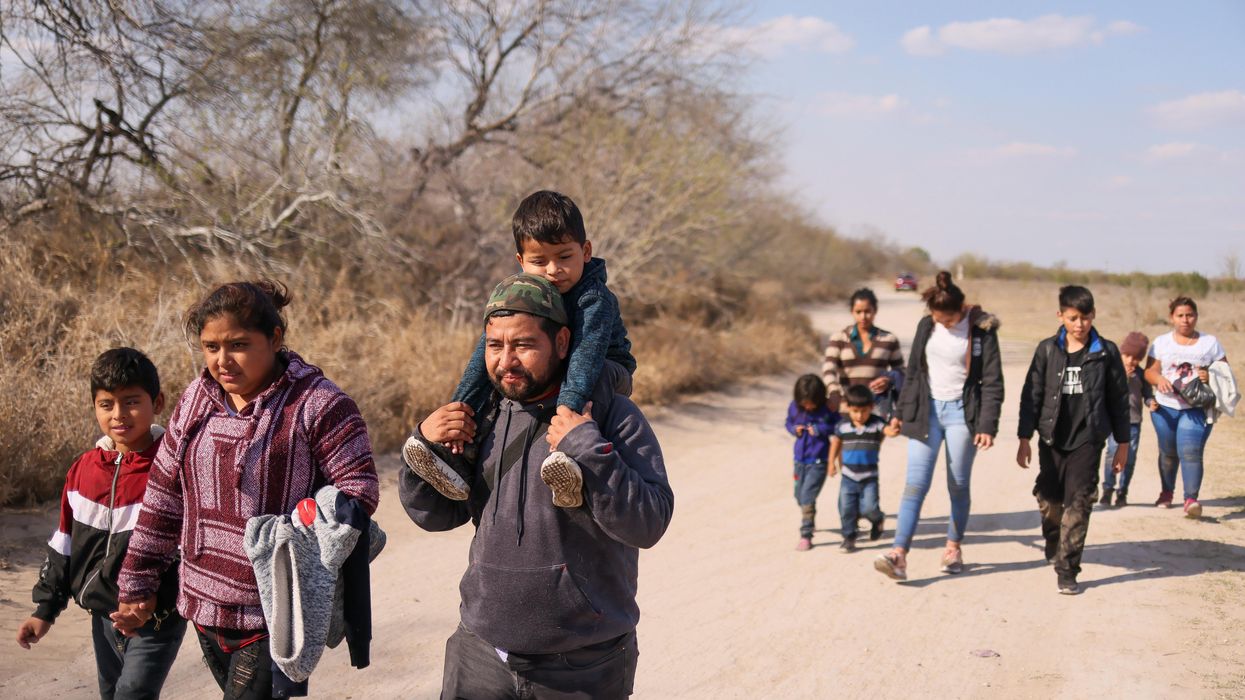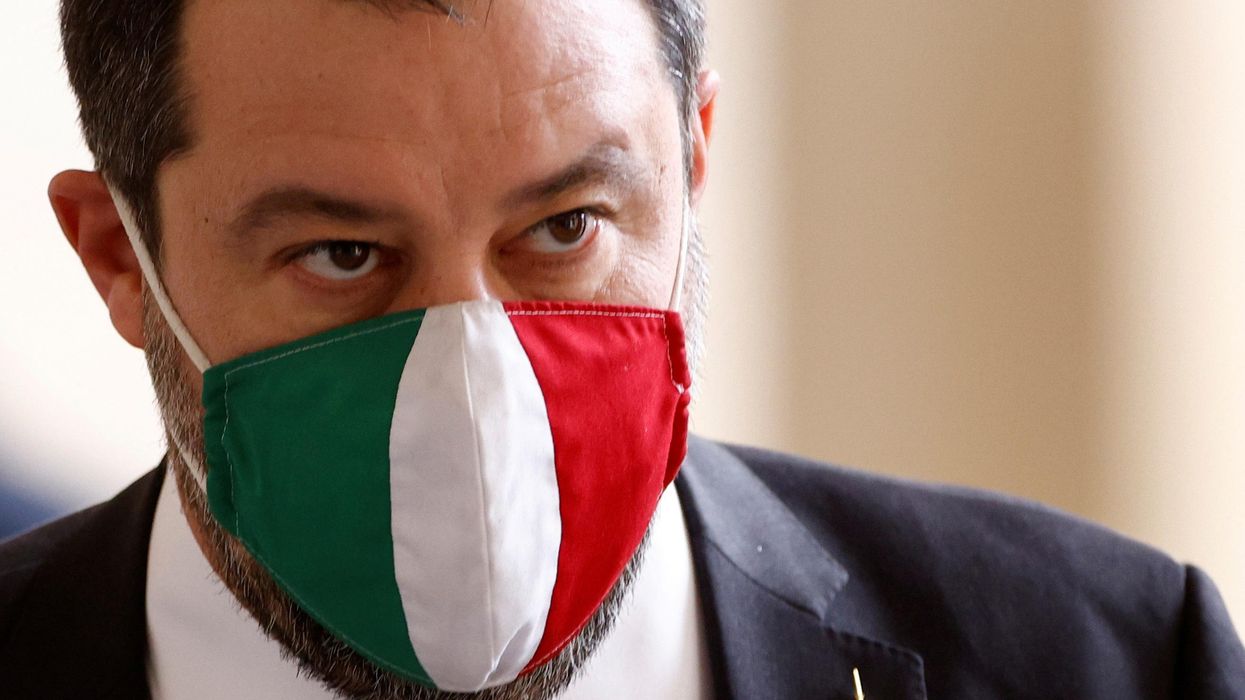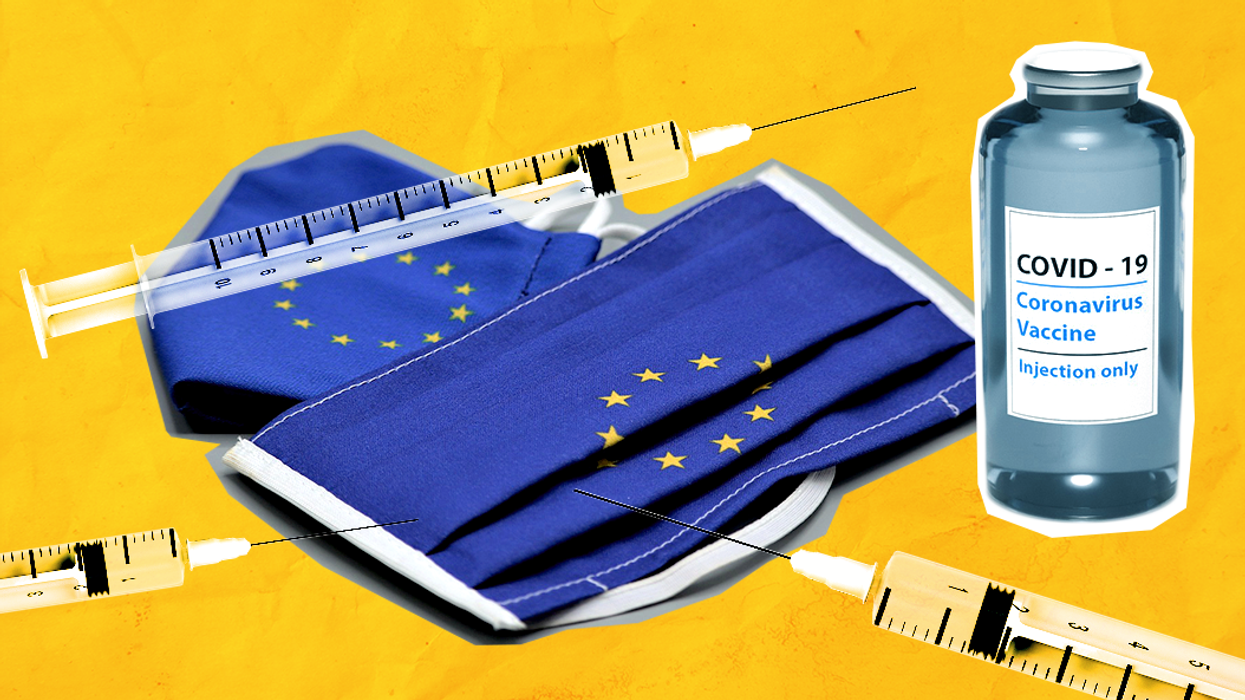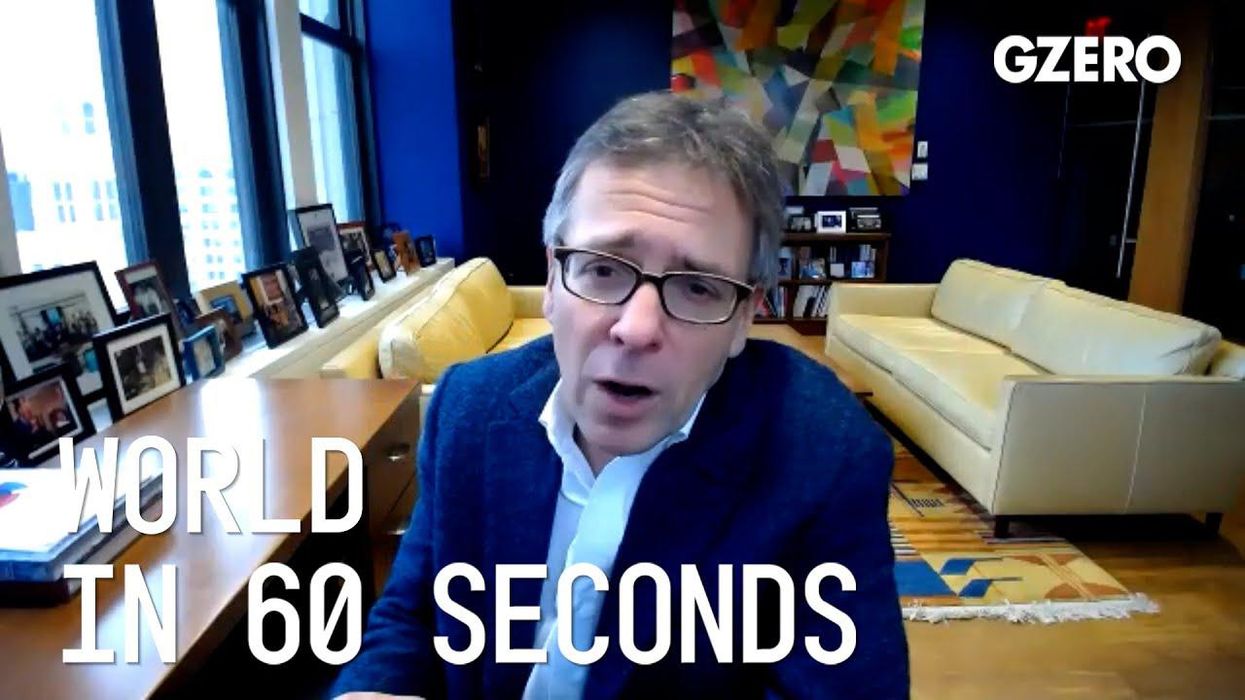Science & Tech
European small biz owners impacted by Ukraine war and COVID, says head of industry group
What's the outlook for European small businesses these days? Not as good as SME owners would like, according to Véronique Willems, secretary general of SMEUnited, an organization representing some 22.5 million European small businesses that employ almost 82.4 million people across 30 European countries. In recent months, European SMEs have been hit by the double whammy of COVID spikes due to the omicron variant and now higher energy prices due to Russia's war in Ukraine, Willems explains during a livestream conversation on small businesses and pandemic recovery hosted by GZERO Media in partnership with Visa.
Mar 22, 2022
